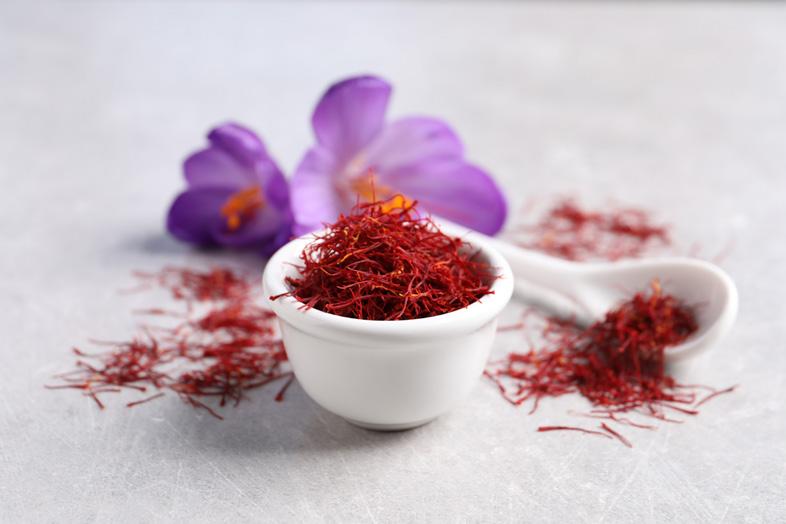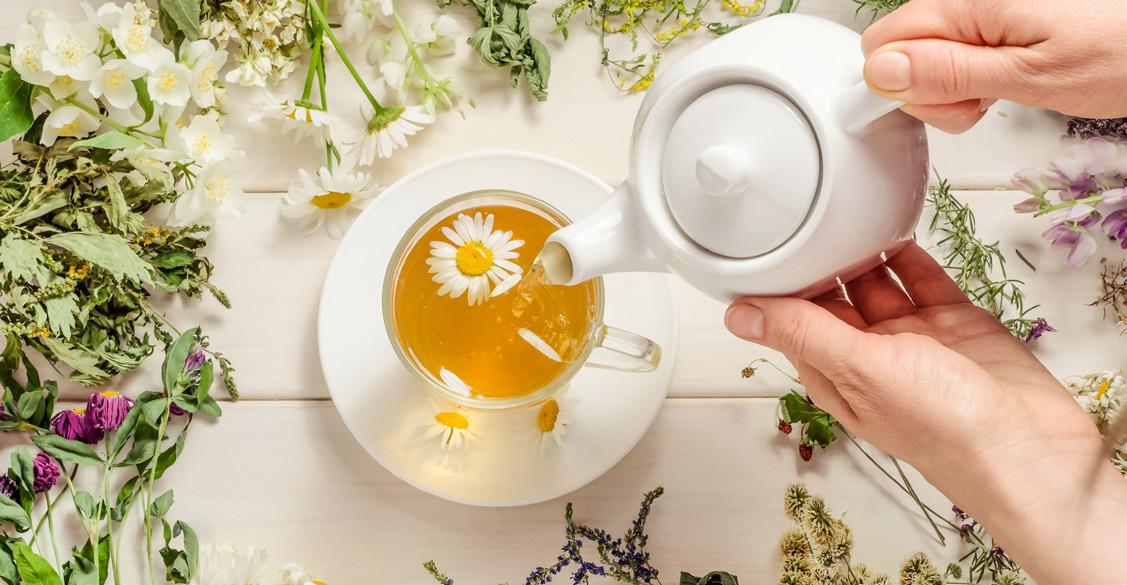
2 minute read
Identifying natural ingredients to support sleep and mental wellbeing
Many of us struggle to get a good night’s sleep, and at times find the hectic pace of modern life exhausting There is increasing awareness – among consumers as well as experts - that all this stress can damage our emotional and physical health Adrian Lopresti discusses which natural, science-backed ingredients can support mental wellbeing and identifies promising new developments in this field.
We all know how a bad night’s sleep can impact our performance and mood the following day. When this becomes a recurring pattern, our mental health can begin to be significantly affected.
Adrian Lopresti, Clinical Research Australia
“Unfortunately, our current lifestyle practices are not conducive to good sleep,” says Lopresti, managing director at Clinical Research Australia and a registered Clinical Psychologist with 25 years of clinical experience. He is also the founder of Personalised Integrative Therapy, a holistic treatment for depression and anxiety.

“For example, we are increasingly exposed to excessive light at night-time. Many of us are also stressed about work, health, finances, and family issues, which can all exacerbate sleep problems. Eating a diet comprising refined sugars and artificial ingredients will also hurt our sleep.”
Science behind natural solutions
Growing awareness of mental health issues – especially since the Covid-19 pandemic – has seen growing interest in targeted supplements. A key challenge, however, has been the fact that pharmaceutical ingredients specifically targeting these health issues have been shown to be only moderately effective.
“Most medications are also associated with several side effects, including weight gain, drowsiness, sexual disturbances, and digestive problems,” explains Lopresti. “People are therefore looking for effective and safe options to improve their sleep and enhance their mental wellbeing.”
Emerging research has shown how many natural ingredients can help improve mood and promote sound sleep, and are associated with fewer adverse reactions. Popular ingredients to support mood include saffron, ashwagandha, probiotics, St John’s wort, magnesium, and curcumin, just to name a few.
Exciting options include saffron, magnesium, glycine, and tart cherry juice
Common sleep-promoting supplements include valerian and melatonin.
“However, the research on these ingredients is mixed,” says Lopresti. “Some exciting options include saffron, magnesium, glycine, tart cherry juice, chamomile, and holy basil.”
In addition, consumers are becoming increasingly aware of the gut-brain connection. Scientists now know that there is a bi-directional relationship between the gut and the brain, and new research has demonstrated the positive mood-enhancing effects of ingredients that target gut function, such as pre- and probiotics.
“Inflammation can also affect both mental and physical health,” continues Dr Lopresti. “In this respect, antiinflammatory ingredients have shown promise in supporting good mental and cognitive health.”
Importance of clinical evidence
Lopresti underlined the importance of caution when it comes to using herbal ingredients, especially generic ingredients with no research supporting their efficacy and safety.
“Formulators should choose standardised extracts with good evidence supporting their effectiveness,” he says. “In addition to this, it is crucial for companies formulating products with several ingredients to ensure that the ingredients are stable when combined and have synergistic actions.”
Lopresti notes that most products on the market base their claims on research on single ingredients. For natural supplements to be increasingly accepted by consumers and health professionals, final products should undergo clinical trials to support their safety and efficacy.
“Just because a study shows an ingredient works when used in isolation, it does not necessarily mean combining several ingredients makes it even more effective,” he says.




